Off-grid living has become increasingly popular in the last decade, with Colorado being one of the top areas for off-grid homes. There are many reasons to choose off-grid living, including self-sufficiency and environmental and financial benefits.
An off-grid home is built to be self-sufficient when the grid fails and has unique requirements, such as solar or diesel power, or the ability to run appliances without a connection to the power grid. Off-grid homes are designed to be independent, self-sufficient, and fully protected from natural disasters.
When choosing an off-grid home, it is essential to consider the different levels of off-grid living and which one suits your lifestyle best. Location is also crucial, as laws may bar preppers from living off the grid in their state, city, or village. It is also important to consider the home layout and the type of power you will be using.
Benefits of off-grid living include reliable power, the ability to grow your own food, water storage, security, and GPS independence. In contrast, the physical limitations of living off-grid can be extreme, and location is a crucial factor to consider.
Some tips for buying an off-grid home include choosing the right location, considering the laws and regulations, and ensuring the home has the necessary features for self-sufficient living.
Key points of Off Grid Homes:
- Off-grid living has become increasingly popular in Colorado
- Off-grid homes are designed to be self-sufficient and independent
- Consider the different levels of off-grid living and which one suits your lifestyle best
- Location is crucial, and laws and regulations should be considered
- Benefits of off-grid living include reliable power, the ability to grow your own food, and security
- Tips for buying an off-grid home include choosing the right location and ensuring the home has the necessary features for self-sufficient living.
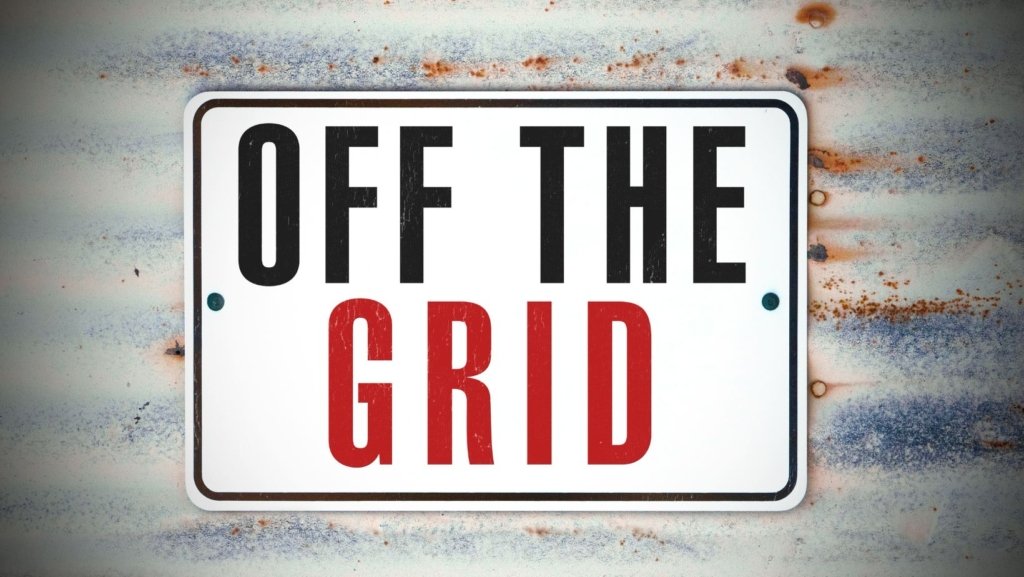
Off grid living has taken off in the last decade. Colorado has seen sales of “off grid” homes sky rocket. There are so many reasons to live off grid. It doesn’t matter if you are using it for prepping or survival compound. The fact is more and more buyers are wanting to live off grid.
Off Grid Homes for Sale
With deep wells, massive amount of sunshine and wind, Colorado Rockies are the perfect area for off grid living.
Prepper Home Tips: What To Look Out For When Buying Off-Grid Homes
Between domestic issues and world issues, off-grid and prepper lifestyles are once again making a comeback. Off-grid homes not only save on the environment and your electric bill, but it will also hap in a survival situation if the SHTF anytime soon. There are many levels of off-grid and prepper living. Will you be growing your own food? How long do you want to be self-sufficient?
What is an off-grid home?
An off-grid home is built to be self-sufficient when the grid fails and there is no power in town. Each off-grid home is unique and has its own requirements. For example, some off-grid homes will have solar, some may be fully diesel powered, some may even have enough solar to run the home without needing a connection to the power grid. However, one thing that most off-grid homes have in common is that they will be independent and self-sufficient, fully protected from natural disasters, and be the only source of power for at least one of the home’s appliances. In addition, they are equipped to be entirely self-sufficient for weeks at a time.
Off Grid Homes
Off Grid Homes For Sale Colorado
Off-grid lifestyle benefits
Reliable power Food – (A hundred pounds of rice will last for a week, beans will last for months) Storage – Buy additional food in advance, stockpiling Water – Water storage Security – No neighbors GPS – You will be able to go and find out how to get in and out of your property Time – You won’t have to spend your valuable time waiting for the power to come back. The power is back once you have started making yourself the necessities of life, then the power starts coming back. Manpower – No electricity – you can do all the man stuff like welding, clearing your property, installing a water well, etc.
Prepper homes and what to look out for when buying one.
Before you think that your upcoming and off-grid survival plan might include a multi-million dollar mansion, think again. There are many levels of off-grid home living and which one you choose, comes down to your lifestyle. 3 Ways To Build An Off Grid Home The first time I heard of off-grid homes was back when I was a youngster. The late 1980’s early 90’s. Back in those days I saw a lot of large mansions surrounded by tall chain link fences, with unkempt lawns and muddy swimming pools. I felt sorry for the people living there because they had no real security of any kind, not even for the perimeter of the mansion. At that time, I did not consider an off-grid survival plan, I just thought they were living a lazy lifestyle for people who really had no worries.
Consider the location of your prepper home
The physical limitations of living off-grid are extreme. If you live in a rural location, you will have the advantage of being able to grow many of your own food. Additionally, if you live close to towns or cities, you will have the advantage of being able to get water easily. Do not underestimate the impact of local laws. Many preppers do not even think to consider the laws in their state, city, or village that may bar them from living off-grid. If you live in an urban location, you will have the advantage of having more electrical power available. Additionally, some electrical companies install a programmable circuit breaker. This is a network that allows you to disconnect your home from the electric grid. The program would allow you to do this several times a day during a power outage.
Home layout considerations for a prepper home.
Basic structures for your home’s setup: Inside the home’s foundation there are three main construction structures and each must be constructed separately. Each foundation should be built solid and self-supporting: Ground Floor: The ground floor is where your main entrance is. It is usually the lowest level of your home. Building this structure would prevent possible flood waters from entering your home. Power & Electric: Any home with power or electric should have electric power and will usually have an electrical meter to determine how much energy you use. This will depend on the style and size of the home and the surrounding power distribution system.
Which type of power will you be using?
Citizen Energy says, Off-grid homes are the modern American frontier. They are the only way to live where you can see and hear the wild animals. And they’re the only way to farm, fish and hunt for sustenance in any environment, including harsh climates where roads are not practical or safe to travel. They don’t use grid electricity because it is expensive and dangerous to connect. There are two types of off-grid homes. One is connected to your own home with an off-grid generator and outlet systems. You can decide where to draw power from to turn on and off your home. The other type is a standalone off-grid system. You have a battery bank with an inverter and solar panels to turn them into energy. You can use the power from the battery bank for off-grid or prepping.
What are the different types of off-grid homes?
To get an idea of what to look out for when buying a prepper or off-grid home, below is a list of what you need to be thinking about when purchasing a prepper or off-grid home. Solar To make a full electric/diesel off-grid home, a few basic considerations are: Water is the most important of the considerations How much you have in the way of water supply: Storing your fresh water Water filtration Energy to operate the pump How much water storage do you have? Leaky cisterns Water theft from other villages Disposable water bottles To avoid having to buy water, you should consider a solar water system Requires plenty of light Transportation Vehicles Do you have a reliable transportation? Do you have a vehicle that can be utilized Other items needed to run an off-grid home.
What are the different levels of off-grid living?
Preppers, survivalists, and people who prefer off-grid living tend to have two different types of houses; there are places where they keep their house entirely off-grid for environmental reasons, and there are places where they have solar or diesel powered systems. The second is more common, especially if you live near a large town. There are those who want to be completely independent in terms of energy as well as water and sanitation (by choice), and that is the level of off-grid life you will be looking at. With all that in mind, there are four different ways off-grid living can be divided; this has nothing to do with level of development and your skill set. It has to do with a general layout of the house. 1.
How do you find an off-grid property?
One place to start is through your utility company. Find out if they offer some kind of tax abatement for off-grid homes. There are also those people that are interested in trying to build off-grid homes. In the midst of government evictions, you’ll want a safe haven to retreat to. It doesn’t have to be huge, but it does have to be permanent and self-sufficient. The need for a septic tank is often an issue. Will you be buying or building a septic tank? If you are in the market for an off-grid property, what are some things you should look out for? There are a number of considerations to make, including, but not limited to: Size: Being self-sufficient is one thing, but an entire off-grid home can be overwhelming.
What should I look out for when buying an off-grid home?
Understanding how off-grid homes work is key to getting a great deal. There are many factors to think about when buying an off-grid home and how to decide between a solar home and an off-grid home. Solar Homes Solar homes have come a long way over the last couple of years. Solar houses have gotten much better for the owners, with huge amounts of “extra-house” space, high-end insulation and lots of light. These homes are very energy efficient, use very little water, and don’t have to worry about natural disasters like tornadoes and hurricanes. Buyer Beware: Understand that these types of homes have had high defect rates and unreliable suppliers. A build quality buyer beware. Traditional Solar Houses Traditional solar homes are much less energy efficient than solar homes.

Orson Hill Realty is a real estate company in Evergreen, Colorado that serves the Denver Foothills and the Denver Metro. Orson Hill Realty can assist in any size real estate transaction from small land listings to luxury listing agents and buyer brokers.
Orson Hill Realty has experienced listings agents and buyer agents. Our Realtors know how use high tech digital marketing mixed with old school marketing to sell your home faster and for more money.
This technology also helps buyers find their home faster. That way a buyer never misses the perfect home again. Any real estate agent in this day and age that doesn’t leverage technology is not doing their clients any favors. All Orson Hill Realty real estate agents are Realtors.
Orson Hill Realty is a full-service Colorado-based real estate company that offers professional real estate agents and brokers to assist you in your buying or selling process. Our agents are well-versed in the local community and have a strong online presence, making them highly effective in their field. For buyers, we offer online listing alerts and a user-friendly portal to facilitate an efficient home search, with access to homes not yet on the market, and for sellers, we advertise on a wide range of listing websites to ensure high visibility for your listing.
As realtors, we are dedicated to upholding a higher level of ethics and experience in our business, and we are deeply invested in the community, with active participation in various local events and activities. Our real estate agents possess a wealth of knowledge on the local area and know how to negotiate the best prices for your needs. We offer excellent services for luxury homes and horse properties, although we handle any size real estate transaction with utmost professionalism.
Our company places a strong emphasis on technology, recognizing the importance of an online presence to meet the demands of our fast-paced industry. With multiple high traffic websites and digital marketing strategies, we ensure that your property is marketed throughout the internet to reach a wider audience. We are dedicated to providing luxury services to all our clients, regardless of the price point.
Orson Hill Realty
Ask me about Southwest Florida real estate


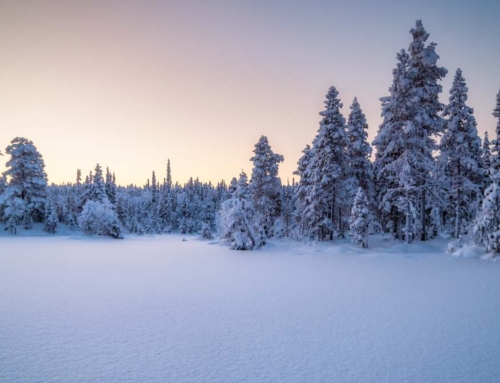

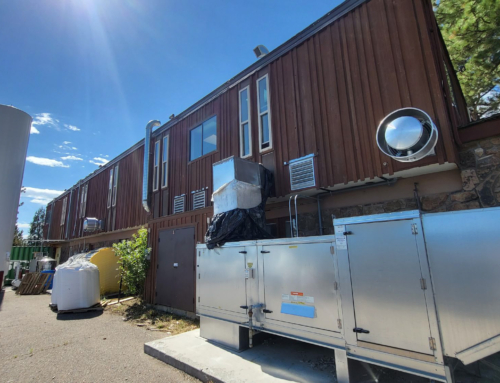
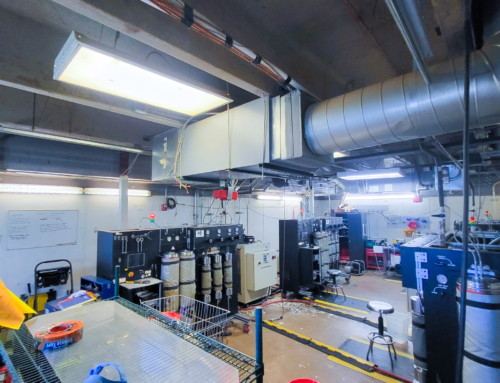


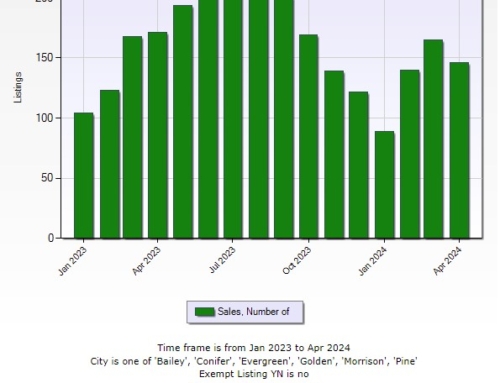
Leave A Comment
You must be logged in to post a comment.